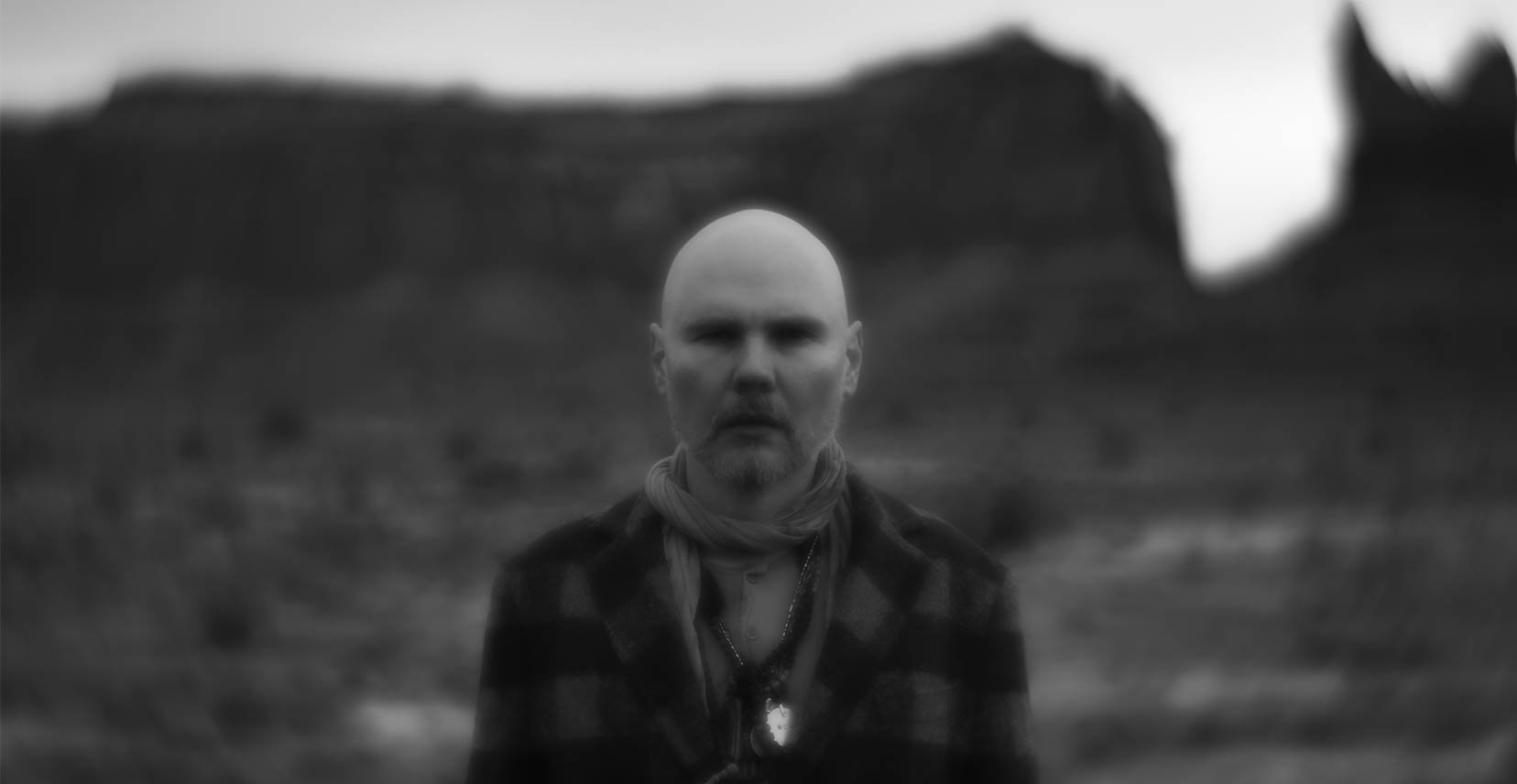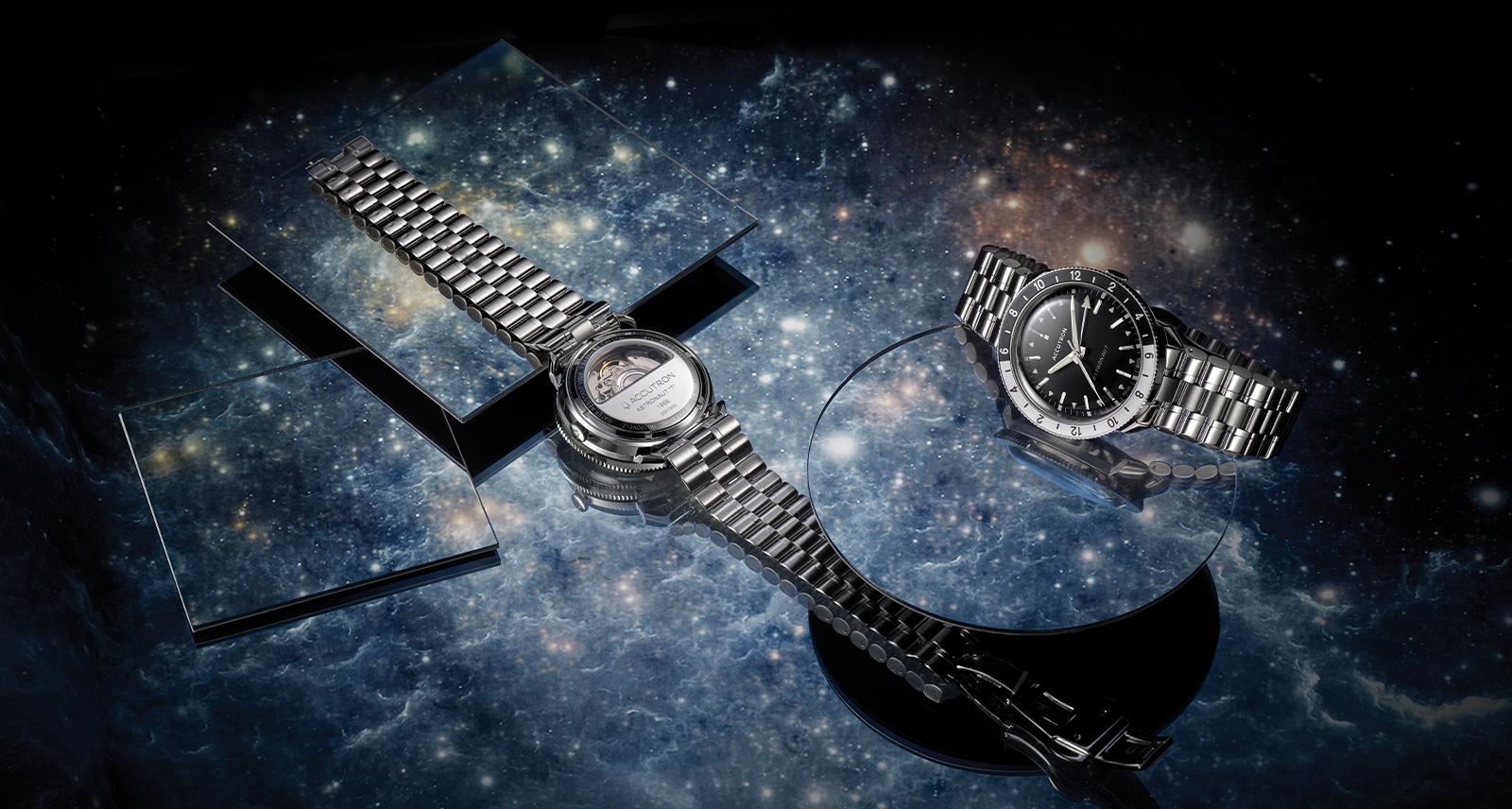William Patrick Corgan: “I’m an Astronaut in My Own Culture. I Don’t Feel Like I Belong.”
He’s the front man of the goddamn Smashing Pumpkins, one of the biggest bands of the ’90s, who’ve sold millions of records and contributed a trove of unimpeachable hits — “Today,” “1979,” “Bullet with Butterfly Wings” — to the rock canon. And yet, despite his accolades, Billy Corgan is still just a rat in a cage.
Well, sort of — he’s since updated the metaphor: “I’m an astronaut in my own culture,” he tells me. “I don’t feel like I belong, which is really weird for somebody who’s now been in the public sphere, and successful, for 30 years. If you’d have asked me 20 years ago, I wouldn’t have guessed I’d feel like this now.”
Much like Michael Jordan — a fellow chrome-domed ’90s Chicago icon — Corgan’s seen his legacy get besmirched lately, thanks to the Internet’s tendency to turn him into a tragicomic meme. To be fair, in recent years, the dude’s given snarky bloggers no shortage of material: he’s moonlighted as a pro wrestling commissioner, dated Tila Tequila, railed against social justice warriors on Infowars, and was photographed looking infinitely sad — essentially his Crying Jordan face — at Disneyland. “I don’t feel the work I’ve done has been given full stroke,” he gripes. “It’s like I’m reduced to a tabloid character. You reach a point in public life where you’re more valuable dead than alive. In essence, your living memory is not as powerful as the dead memory of what people want you to be, because when you’re dead, you don’t have control over your image.”
And so, at 50, Billy Corgan has decided to off himself. He is survived by William Patrick Corgan. That’s the name on the cover of his new solo album Ogilala, and on his birth certificate. The “Billy” he is killing is his public persona, which he’s vowed to stop attempting to curate. No more late-night tweets, no more speaking his mind on talk shows, no more sounding off on current affairs. “I will no longer offer myself up publicly in a way that will allow free access. I’m out. Nobody’s going to make any more money off my dead body.”
All that’s left, then, is the music. Fortunately, the music is good. Ogilala is a collection of tender, sweeping, rustic ballads that sound unlike anything Corgan’s ever done. Inspired by a road trip he took across America, most numbers feature little more than William, a guitar or piano, and the odd string section (elegantly recorded by producer Rick Rubin). But there is one fire feature: original Pumpkins guitarist James Iha plays on radiating track “The Processional,” marking his first time recording with Corgan since the band broke up in 2000.
The reconciliation is fitting; though there’s some trademark Corgan melancholia here, the LP carries an underlying sense of peace and contentment. Even as America stumbles, Corgan remains hopeful about its future, and where he can fit within it.
Which is a relief, because the guy sure likes talking about death. After the suicides of Chris Cornell and Chester Bennington this year, the morbid analogies Corgan kept using during our chat (“If somebody wants to pick up my corpse and kick it and run some funny caricature of it, that’s great”) had me seconds from dialling a crisis line. Having contemplated (actual) suicide himself in the ’90s, he’s certainly well acquainted with demons. “You literally go from playing a club where you’re hoping 500 people show up to five years later, you’re playing Madison Square Garden and you’re mad because you didn’t sell 14,000 tickets instead of 13,500,” he recounts. “And that’s sad because there was there was a 14-year-old boy who picked up a guitar and said, ‘This is going to get me the fuck out of here,’ and it did. When the thing that saves you becomes the thing that hurts you, that’s where it gets weird.”
These days, however, Corgan knows just how to cast those demons out. It’s what’s prompted him to curb the oversharing (which, yeah, is probably for everyone’s benefit): he’s focusing on what saved him in the first place, and drowning out all the extraneous noise that came afterwards. “You can get lost in the house of mirrors that is the entertainment business and forget that Excalibur moment: that I can pick up a guitar and somehow, out of thin air, make up something that can touch somebody in Thailand or South Africa, and 12 years later they’re walking down the aisle to it. That’s the beautiful, indestructible, undeniable part of the job. Everything else is an illusion.”
And when there are no enemies within, the enemies outside can’t hurt you. We can make all the dank memes we want, but Billy William can still shred our faces off. So he’s sticking to what he does best.
“I’m way better at creating magic from my hands to your ear than I am at arguing about why a funny picture of me at Disneyland isn’t funny,” he admits. “Because it is funny, and maybe that’s fine. The two thoughts don’t have to be mutually exclusive: you have your laugh, I’ll have my magical mushroom guitar journey over here.”










